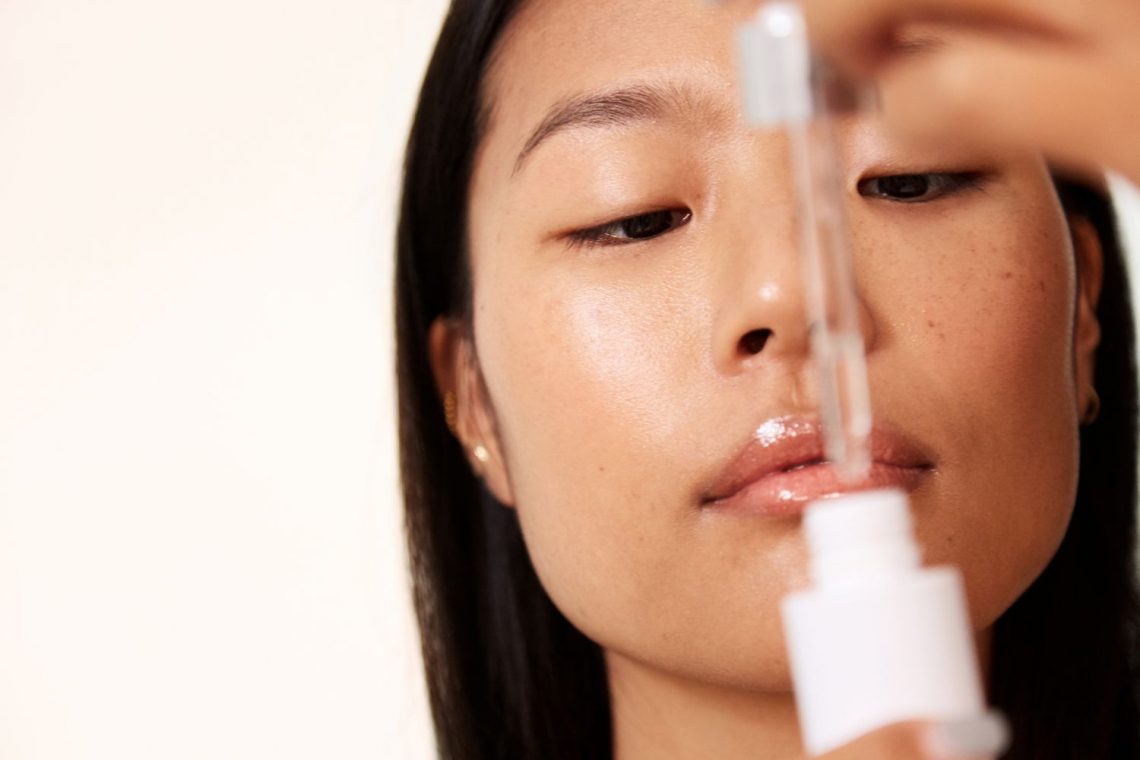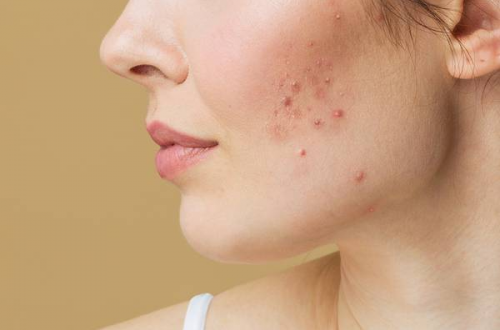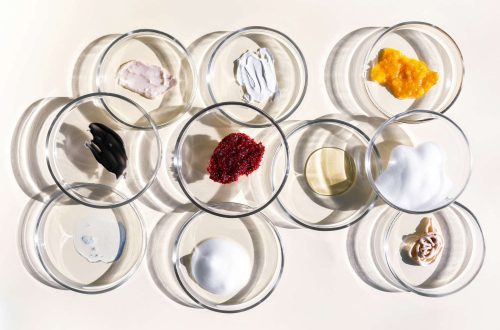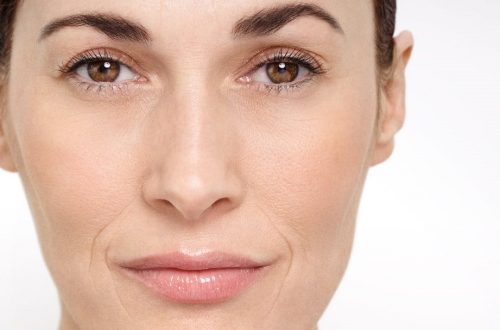
The secret to healthy skin is in our gut
The dermatologist knows very well, and for a long time, the importance of the different microbes that coexist in our body being in balance. And we must not forget that the skin precisely reflects our state of health. In fact, for skin care, you take a holistic view.
Understanding the gut-brain-skin relationship is critical to glowing skin: there is a link that connects the brain to the skin through what happens in the intestines.
Based on this, experts address chronic skin conditions such as acne, rosacea, eczema, and also premature ageing through lifestyle changes that include diet, exercise, better sleep techniques, and stress management, without forgetting specific, effective and proven tools to care for the skin.
Instead of indiscriminately getting rid of microorganisms, good and bad, with antibiotics, we have the option of supporting the beneficial ones: it’s the only way to win the war against superbugs and help millions of people who don’t know what to do with chronic conditions of your skin.
The first thing to do is replace sugary and processed foods with fermented products, rich in fibre and antioxidants. These foods provide the intestine with both prebiotics and probiotics, which help maintain the good health of the intestinal flora. Always listen to your doctor: if he thinks you should take antibiotics, It is not suggested that you refuse them.
What would be the main dietary recommendations to take care of our skin?
1. Bet on the whole and unprocessed foods. Refined sugars and carbohydrates have been scientifically proven to be linked to acne and premature ageing.
Junk food, low in fibre, stagnates digestion and disturbs microorganisms in the intestine, which favours intestinal permeability and inflammation.
Replace them with fresh, whole foods such as green leafy vegetables, asparagus, peppers, onions, free-range eggs, wild fish, organic free-range chicken…
When it comes to eating carbohydrates, prioritise the least processed ones such as oats, quinoa, sweet potatoes, multigrain bread or wild, brown or basmati rice.
2. Choose well the dairy products you take. Milk proteins, whey, and casein can alter insulin levels and trigger an inflammatory reaction.
Although other dairy products, such as most cheeses and yoghurts, contain probiotics that support the microbiome and reduce inflammation. Always opt for those that do not contain added sugars
3. Keep in mind that not all probiotics are the same. Some are more effective than others.
For example, some strains of lactobacilli (which can be taken orally) have been shown to improve the health of our skin barrier, keeping skin nourished and hydrated, and protecting skin from the damaging effects of UV rays.
Tips to prevent skin problems from getting worse in summer (rosacea, atopic dermatitis, spots)
When sunscreen with a probiotic is used together they offer enhanced sun protection. And this, in addition to reducing the risk of skin cancer, also helps fight wrinkles and other signs of premature ageing, such as dark spots.
Nor should we forget about prebiotics. Incorporating them into your diet is another way for your microbiome to grow and diversify. The best sources of prebiotics are dandelion greens, chicory root, garlic, leeks, onions, and asparagus.




